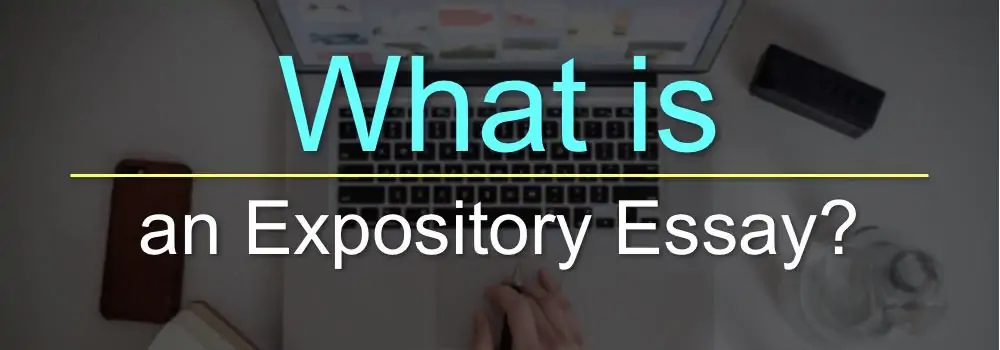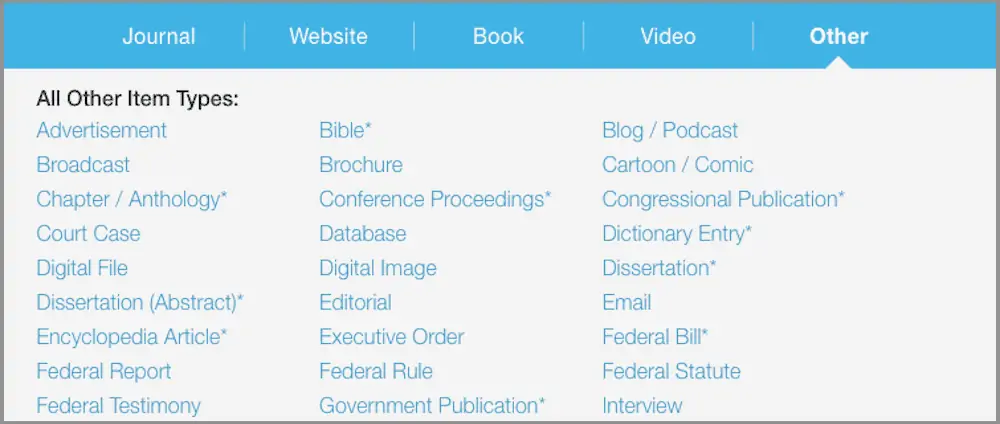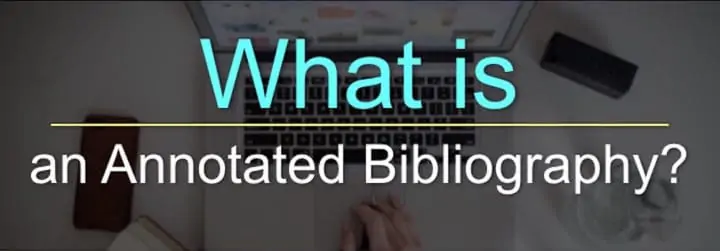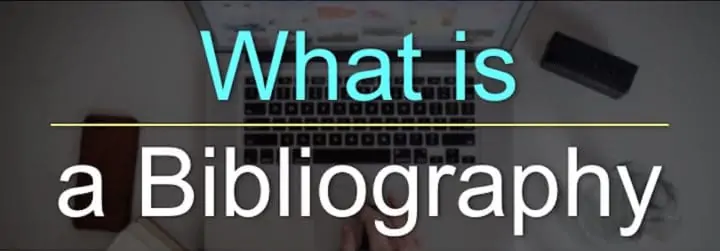Blog

Four Tips on Using Transitions for a Better Essay
Odds are, you’re already familiar with a typical essay structure: introduction, body, and conclusion. These are essential parts of an essay, but did you know that well-crafted transitions can make these sections flow well, and make your arguments even stronger? When writing an academic essay, it is important to remember that your goal is to […] ...

What is an Anthology?
Some of the world’s best known and most well-respected written works are not books themselves, but rather sections or parts of anthologies. An anthology is a collective work that is completely made up of material from other authors. Anthologies can contain numerous poems, shorty stories, essays, and other documents. The person who puts together all […] ...

What is an Argumentative Essay?
Argumentative essays are a common assignment given by educators and are an exciting opportunity for you to practice the valuable skill of persuasion. Argumentative essays are, at their core, pieces of writing that aim to convince the reader of the writer’s own opinion. Let’s look at the elements that form argumentative essays, and some tips […] ...

What Source Type Should I Choose?
Technology has changed the way students and teachers alike conduct research. With so many ways to digest information, it can be difficult to decide what category a source fits into. For instance, if you access a magazine article on a website, do you cite the source as a magazine article, or as a website? What […] ...

What is an Expository Essay?
Students of all disciplines and subject areas are tasked with writing expository essays at some point in their studies. So what is an expository essay, and how do you write a great one? Read on to find out! Definition: An expository essay requires the writer to research and investigate an idea, gather supporting evidence, and […] ...

BibMe Feature Spotlight: Source Type Options for Easier Citing
Have you ever struggled to identify what source type you are using for research, or to figure out how to format a citation for a particular source? With so much information on the Internet and in the world, it’s not always an easy task. That’s why BibMe offers citation services for several different source types! […] ...

How to Write a Hypothesis
What is a Hypothesis? A hypothesis is your initial prediction about your topic or argument. Although you’re probably used to writing hypotheses in science, you can also use them effectively in other areas of research. Why Start With a Hypothesis? When researching, creating a hypothesis gives you a place to start from. It helps you […] ...

Library Basics: Using the Catalog and Other Resources
Libraries are treasure troves of information, ready and waiting to answer your every question. However, navigating through their information and finding your answers can be intimidating for those new to a library. We want to everyone to walk confidently into their local or school library, so we’ve put together this short guide to help anyone […] ...

What is an Annotated Bibliography?
Sometimes researchers want to know more about the context of a source, and why the writer has chosen to focus on it in their work. That’s where annotated bibliographies come in. An annotated bibliography is a list of citations to books, articles, documents, etc. Normally, a works cited page or reference list simply displays each […] ...

What is a Bibliography?
Whenever you quote, paraphrase, or take notes on someone else’s work, you should keep track of the sources the information came from. This will help you avoid plagiarism when you begin writing. You can keep track of your sources in a few different ways: Place the author’s name in parentheses after quoted or paraphrased text. […] ...